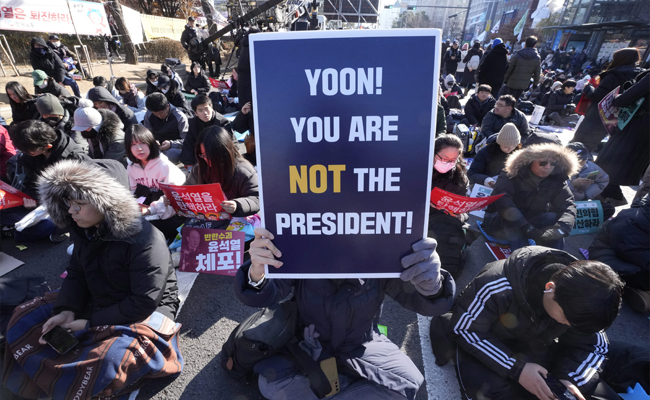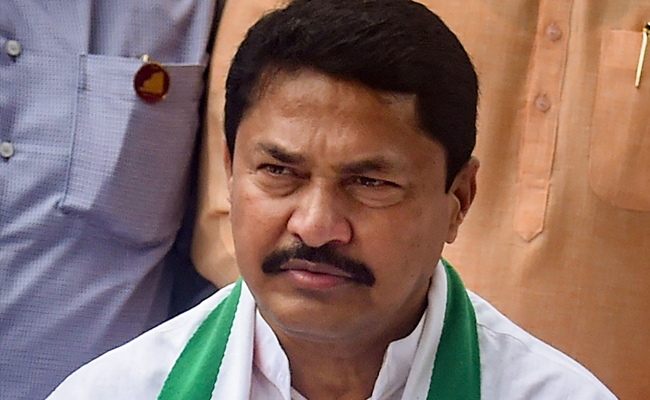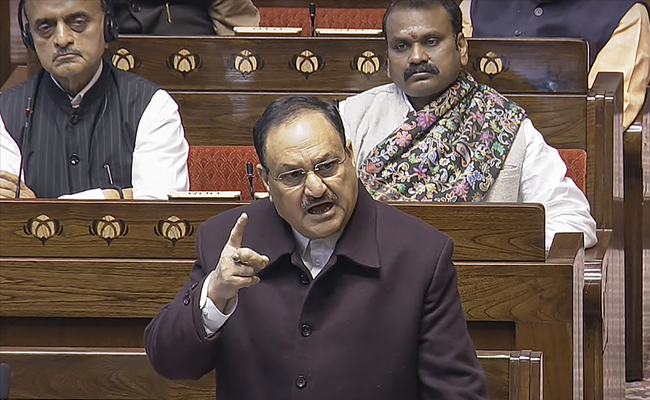New Delhi : Dr. Prem C. Jain, famous for decades of service to the environment, earning him a reputation as a “green visionary” has passed away on early Thursday. He was aged 82 years.
Dr. Jain has served as adviser to the President and to the Prime Minister of India; has chaired the International Green Building Congress in Chennai, Bangalore and Mumbai from 2006 to 2011; and since 2007, has chaired the Indian Green Building Council. He founded the Indian Society of Heating, Refrigerating and Air Conditioning Engineers in 1980, and the India Chapter of the American Society of Heating, Refrigerating and Air Conditioning Engineers in 1989. He also rewrote the section on air conditioning, heating and ventilation for the National Building Code of India-NBC 2005, bringing it up to the international level of codes, standards and practices.
Dr Jain who had a master’s degree and a doctorate in mechanical engineering. Upon returning to India in 1970 after post-graduate studies in the U.S., he served as a visiting professor at IIT Kanpur, where he taught post-graduate studies and set up a laboratory for environmental engineering. He has also been on the visiting faculty for the School of Planning and Architecture at Delhi University since 1973.He is known as the most admired teacher par excellence. He has been awarded the best visiting faculty award in 1990.
In addition to his academic accomplishments, Dr Jain was a business entrepreneur, founding Spectral Services Consultants Private Limited (now an AECOM company) in 1980 with the mission of providing energy-efficient, fire safe, fully-coordinated Mechanical, Electrical, Plumbing (MEP) services design for all varieties of planned buildings in India. The firm grew from four employees to a staff of more than 600 in 10 offices.
His name is synonymous with the science of air-conditioning and he is known as one of the most outstanding consulting engineers with design experience spanning more than 45 years. He was a Member of American Society of Mechanical Engineers (ASME-USA), National Fire Protection Association (NFPA-USA), Illuminating Engineering Society of North America (IES-USA), International Solar Energy Society (ISES-GERMANY) and Consulting Engineers Association of India (CEAI-India). He has been listed in Marquis 'Who's Who in the World' from 1997 and in Marquis 'Who's Who in Science & Engineering' since 2000. He has also featured in Baron's 'Who's Who (USA)', 'The Asia 500 Leaders for the New Century' published in the USA in 2000, and in Marquis 'Who's Who in Asia' 1997. Furthermore, he has been honoured with the Rashtriya Gaurav Award at the All India Achievers' Conference in 1997. For his special merits and numerous contributions to the society, he was awarded ASHRAE's highest honour - Louise and Bill Holladay 'Distinguished Fellow' award. He is the Fellow of a large number of International Societies, namely, Institute of Refrigeration (IR-London), Institution of Engineers (IE-India), Institution of Energy Engineers (IEE India) and Indian Society of Lighting Engineers (ISLE-India).
Syed Mohamed Beary, Chairman of IGBC Bengaluru Chapter and Bearys Group has expressed shock over the demise of Dr Prem Jain. He said " Dr Jain was
the most respected Green Building figure in Asia . With his passing away, the green building movement of India has been orphaned. Now the rest of us have to work so much more harder in his absence to make his dreams to make Bharat as the world leader in green buildings".
Let the Truth be known. If you read VB and like VB, please be a VB Supporter and Help us deliver the Truth to one and all.
Seoul (AP): South Korea's acting leader vowed Tuesday to convey to the world that things are back to normal following parliament's impeachment of conservative President Yoon Suk Yeol, but rival parties began squabbling over the mechanics of a court ruling to determine whether to formally unseat or reinstate him.
The country's liberal opposition-controlled parliament voted to impeach Yoon last Saturday over his short-lived December 3 martial law imposition, suspending his presidential powers until the Constitutional Court determines whether to uphold or overturn the decision. If Yoon is dismissed, a national election must be held to pick his successor within two months.
Prime Minister Han Duck-soo, who became acting leader, has taken steps to reassure the US and other countries and stabilise markets. Presiding over a Cabinet Council meeting on Tuesday, Han said he will “continuously do my utmost to inform the international society that Republic of Korea is fast regaining stability and maintain confidence with partners."
But the country's intense political strife appears to be far from over, as the rival parties began bickering over whether to fill three vacant justices' seats at the Constitutional Court.
To formally end Yoon's presidency, the nine-member court panel needs support from at least six justices. But since three seats remain vacant following retirements, a unanimous decision in favour of Yoon's impeachment is required to throw him out of office for good.
Three of the court's nine justices are directly appointed by the president. Three others are nominated by the Supreme Court head and another three by the National Assembly, and their formal appointments by the president has widely been a formality. The three seats that are currently open are to be nominated by the National Assembly — two by the Democratic Party and the other by Yoon's ruling People Power Party.
The court can rule on Yoon's case only with the current six justices. But the main liberal opposition Democratic Party, which led the impeachment efforts against Yoon, has said it would speed up the process of restoring the court's nine-justice system to promote fairness and public confidence in its ruling.
But PPP floor leader Kweon Seong-dong, a Yoon loyalist, created a stir Tuesday as he voiced his objection to a Democratic Party push to fill the three vacancies. He said it would be inappropriate for Han, the acting leader, to appoint justices nominated by parliament, saying such authorities solely rest with the president.
“An acting president can appoint Constitutional Court justices when there is a presidential vacancy, but not when the president's duties are just suspended,” Kweon said.
Many observers say the court's current six-member configuration is advantageous for Yoon's chances to return to office, as it would only require a single justice rejecting the parliament impeachment. They note Cheong Hyungsik, one of the six justices, is a clear conservative who was directly appointed by Yoon.
The Democratic Party quickly dismissed Kweon's argument as “absurd and utterly nonsensical” and urged PPP to abide by a November agreement between the rival parties to nominate the three Constitutional Court justices.
Party lawmaker and spokesperson Jo Seoung-lae said PPP has “blatantly revealed their true intention to obstruct the constitutional trial.”
There was no immediate response from Han, who during the Cabinet meeting stressed that the government will cooperate with the ruling and opposition parties to stabilize the economy.
There is no clear definition about what an acting president can and cannot do over the appointments of court justices. The Democratic party accuses PPP of trying to drag out the impeachment trial at the Constitutional Court, which has up to 180 days to determine Yoon's fate.
Time is a crucial issue for Democratic Party leader Lee Jae-myung, who is favored by polls to win a presidential by-election in the event of Yoon's ouster but grapples with his own legal troubles. Lee could possibly be prohibited from running for president if the appellate and Supreme courts uphold his lower court conviction for election law violation in November.
Yoon faces allegations of rebellion and abuse of power over his martial law introduction. Investigative authorities want him to appear for questioning later this week, but officials at Yoon's office and residence on Monday refused to receive requests for his appearance.
The martial law declaration, the first of its kind in more than 40 years, drew hundreds of troops who tried to encircle parliament and prevent lawmakers from voting on the decree. Many lawmakers still managed to get inside a National Assembly chamber and voted to overturn Yoon's decree unanimously, forcing Yoon's Cabinet to lift it.
Yoon's decree, which harkened back to an era of past military-backed dictatorships, has sparked massive street protests calling for his ouster and resulted in his approval rating plummeting. Yoon's defense minister, police chief and several other senior military commanders have been arrested over their roles in the martial law enforcement.
Supporters of Yoon worry that his early exit would severely hamper the country's conservatives and cause them to likely lose a presidential by-election to the liberals, like they did in 2017, when then-impeached conservative President Park Geun-hye was ousted and arrested over a corruption scandal.





